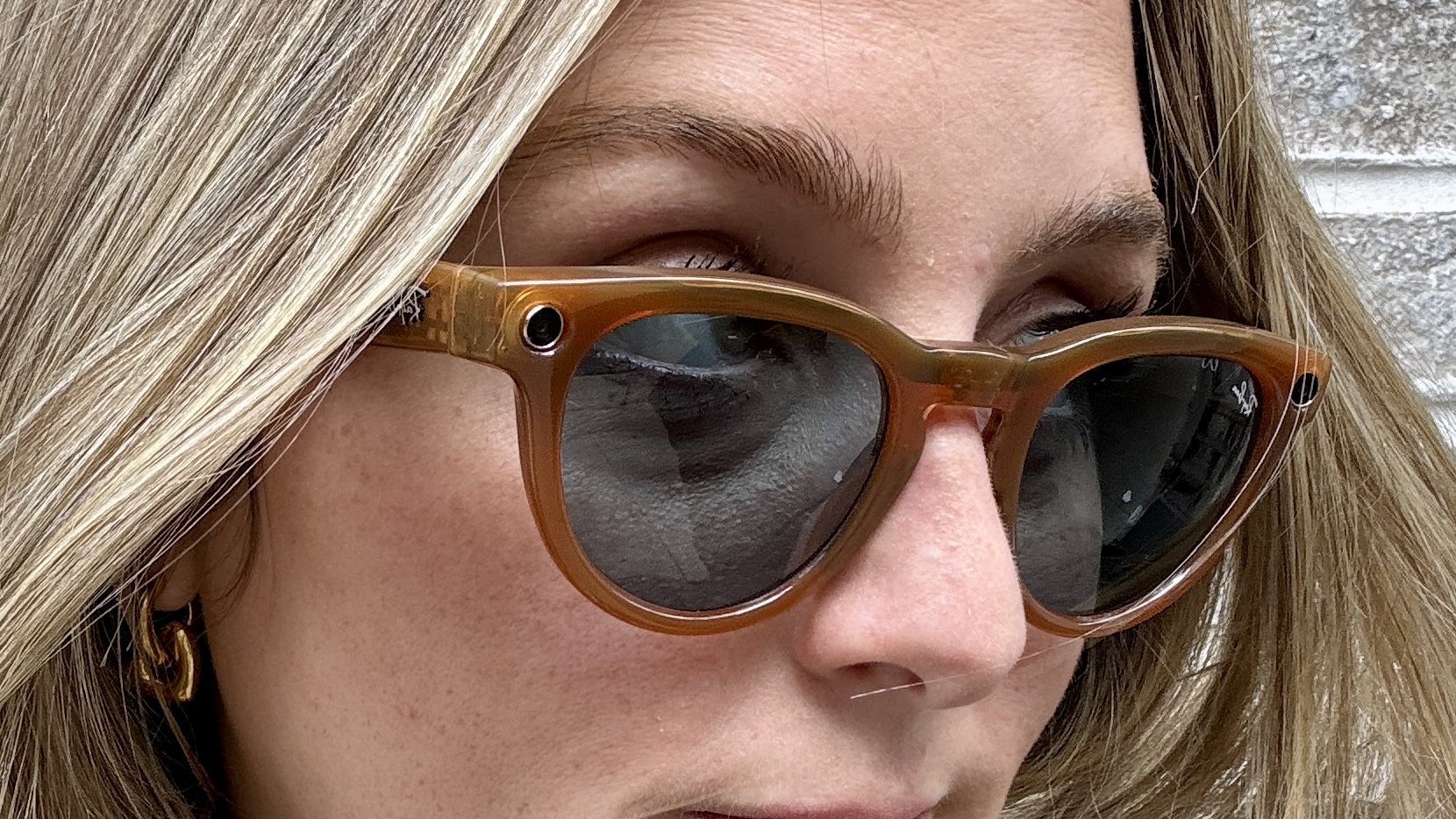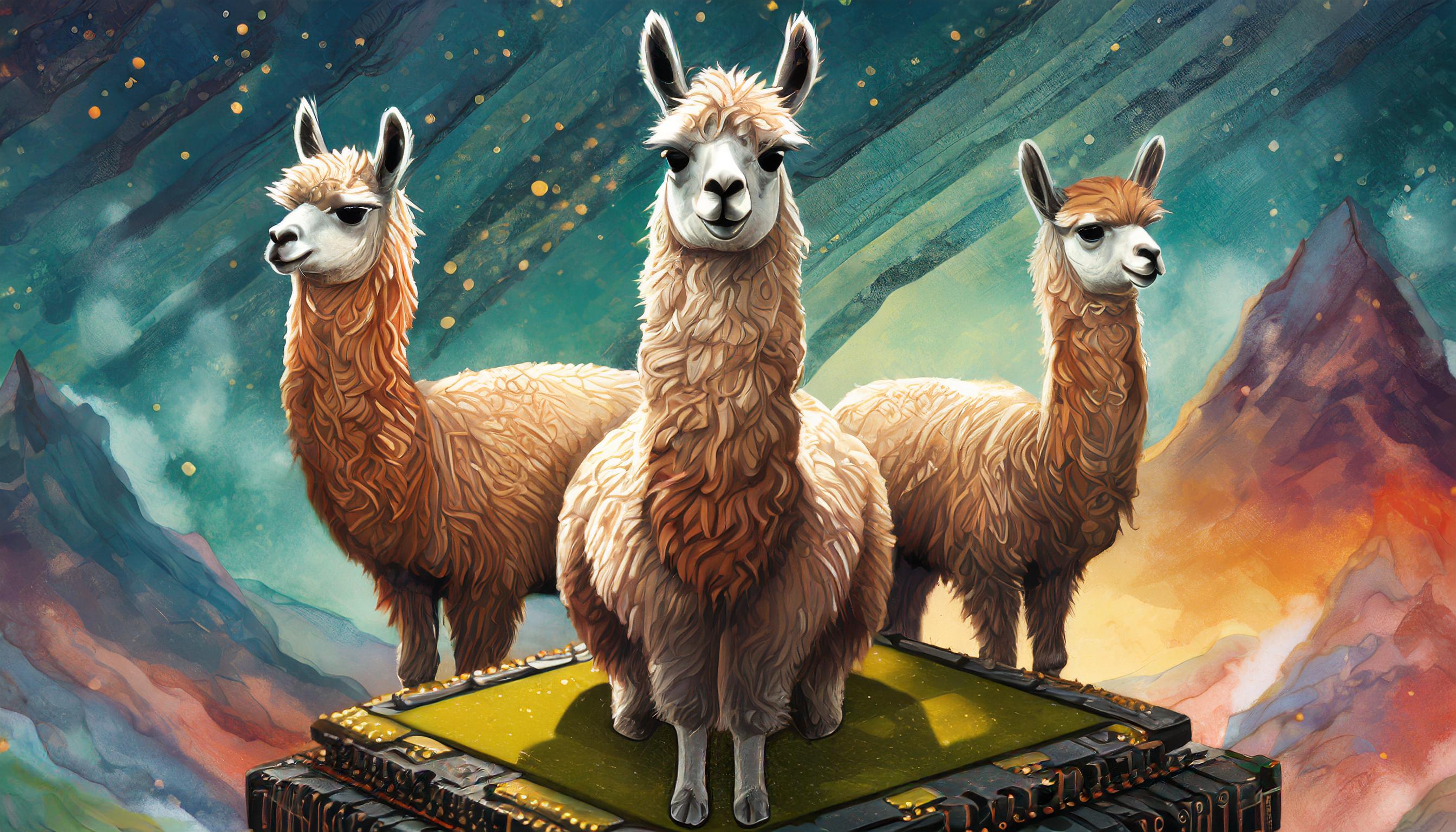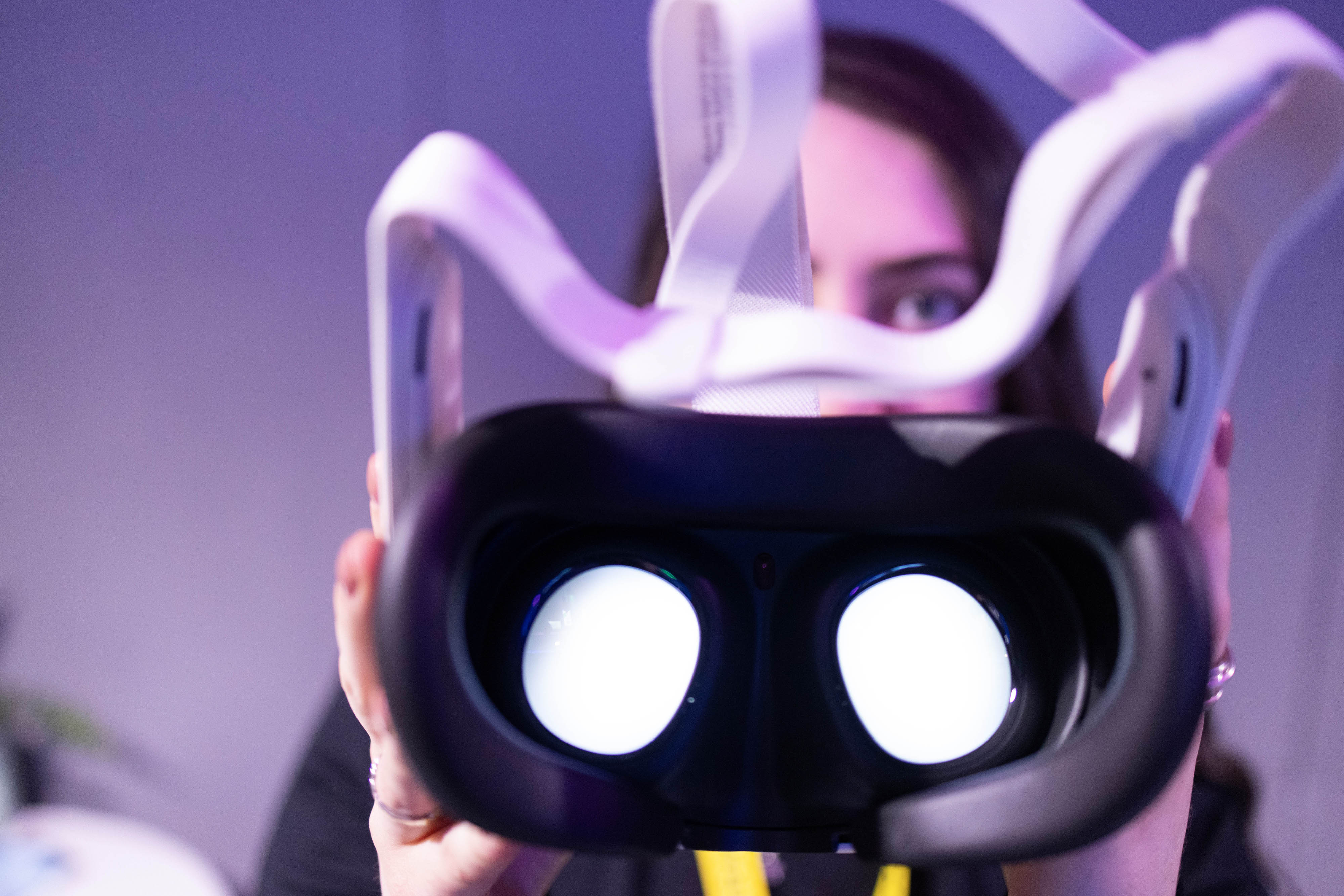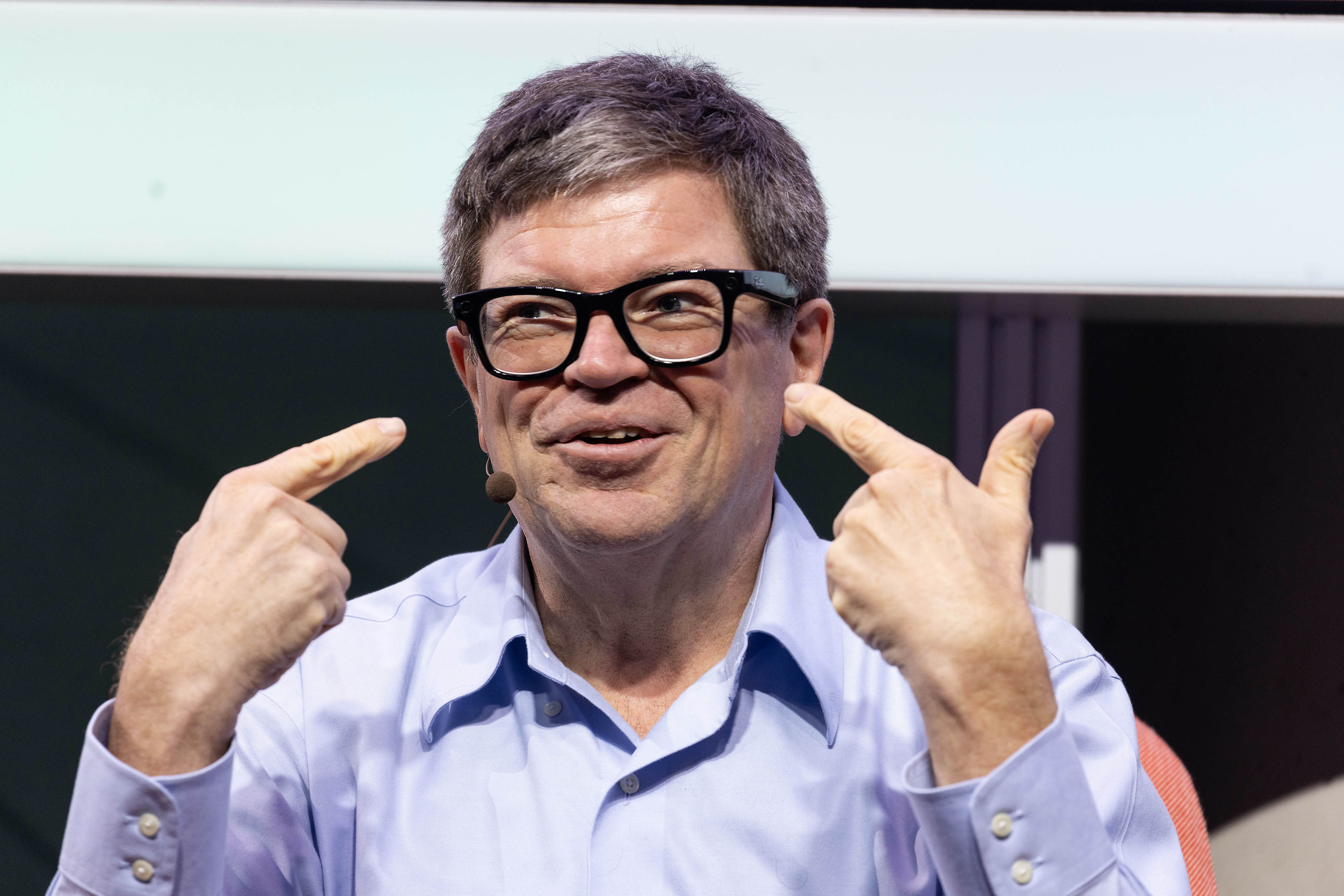Meta’s Ray-Ban smart glasses are getting a huge AI upgrade — what you need to know
Meta's AI assistant will be powered by Llama 3

Here at Tom’s Guide our expert editors are committed to bringing you the best news, reviews and guides to help you stay informed and ahead of the curve!
You are now subscribed
Your newsletter sign-up was successful
Want to add more newsletters?

Daily (Mon-Sun)
Tom's Guide Daily
Sign up to get the latest updates on all of your favorite content! From cutting-edge tech news and the hottest streaming buzz to unbeatable deals on the best products and in-depth reviews, we’ve got you covered.

Weekly on Thursday
Tom's AI Guide
Be AI savvy with your weekly newsletter summing up all the biggest AI news you need to know. Plus, analysis from our AI editor and tips on how to use the latest AI tools!

Weekly on Friday
Tom's iGuide
Unlock the vast world of Apple news straight to your inbox. With coverage on everything from exciting product launches to essential software updates, this is your go-to source for the latest updates on all the best Apple content.

Weekly on Monday
Tom's Streaming Guide
Our weekly newsletter is expertly crafted to immerse you in the world of streaming. Stay updated on the latest releases and our top recommendations across your favorite streaming platforms.
Join the club
Get full access to premium articles, exclusive features and a growing list of member rewards.
Meta is launching its next-generation AI model, Llama 3, later this year. It will power the virtual assistant in the Meta Ray-Ban smart glasses, allowing the assistant to handle more complex tasks and respond more naturally.
Llama 3 is an open-source model that will also come in smaller sizes that could be installed on local hardware such as phones or smart glasses. It is expected to be as or more powerful than OpenAI’s GPT-4.
During an event at the Meta HQ in London, a panel of executives dropped a few hints at what we might see from Meta in terms of AI, including Llama 3, the MetaAI assistant and, of course, the glasses.
Last year the Llama-2-powered MetaAI assistant was upgraded to "see" through the camera of the glasses. This let it offer sartorial and technical advice and that will only get more impressive with Llama 3.
Llama 3 and AI assistants

Llama 3 is a large language model that will come in a range of sizes from very small to compete with the likes of Claude Haiku or Gemini Nano, to larger full responses and reasoning-capable models like GPT-4 or Claude Opus.
The third version of Meta’s model is expected to be more fully multimodal, capable of understanding a range of inputs, including a spatial understanding of the real world, speech and video.
In the near future every single one of our interactions with the digital world will be through AI assistants. Our entire digital diet will be mediated by AI systems."
Yann Le Cun, Meta AI
Combined, this improved immersive understanding will give it a better perspective on the real world and allow Meta to enhance the MetaAI assistant found inside the Ray-Ban smart glasses — building on already launched AI features.
Get instant access to breaking news, the hottest reviews, great deals and helpful tips.
Joelle Pineau, VP of AI Research at Meta said during the London event: “We didn’t set out to make an assistant for glasses. Set out to build interactive AI models that could understand physical space and interactivity in the real world.”
Meta's outspoken Chief AI Scientist, Yann Le Cun, was wearing Ray-Ban glasses during the panel, declaring that they are now his main glasses. He said, "In the near future, every single one of our interactions with the digital world will be through AI assistants. Our entire digital diet will be mediated by AI systems."
MetaAI is coming to the Quest 3

Meta is doing more with its glasses assistant than having it answer a few questions or take a photo on command. Its ambitions for MetaAI expand into other apps and products including the Quest 3 VR headset.
The panel at the London event revealed that future versions of MetaAI will find its way into Instagram and WhatsApp, plus as a mechanism in Facebook to make it easier to manage large groups.
Make Llama powered Meta AI the most useful assistant in the world.
Joelle Pineau, VP of AI Research
The assistant is built on the open-source Llama 2 but will also be moved to Llama 3 when the next-generation model is ready for the public. The larger training dataset will give it improved reasoning and a deeper understanding.
“MetaAI will become a general assistant that can take in information and provide support users want. It is coming to Quest 3 soon,” Pinaeu explained. She added this would be along with other products such as WhatsApp.

She said the goal is to “Make Llama-powered Meta AI the most useful assistant in the world.”
Having tried the Meta Ray-Ban glasses for the first time, I'm going to seriously consider getting a pair instead of a normal, boring frame when my prescription changes.
More from Tom's Guide
- I compared the iPhone 15 Pro Max vs. Ray-Ban Meta Smart Glasses
- Amazon Echo Frames (3rd Gen) review
- Meet Alter3 — the creepy new humanoid robot powered by OpenAI GPT-4

Ryan Morrison, a stalwart in the realm of tech journalism, possesses a sterling track record that spans over two decades, though he'd much rather let his insightful articles on AI and technology speak for him than engage in this self-aggrandising exercise. As the former AI Editor for Tom's Guide, Ryan wields his vast industry experience with a mix of scepticism and enthusiasm, unpacking the complexities of AI in a way that could almost make you forget about the impending robot takeover.
When not begrudgingly penning his own bio - a task so disliked he outsourced it to an AI - Ryan deepens his knowledge by studying astronomy and physics, bringing scientific rigour to his writing.
 Club Benefits
Club Benefits










